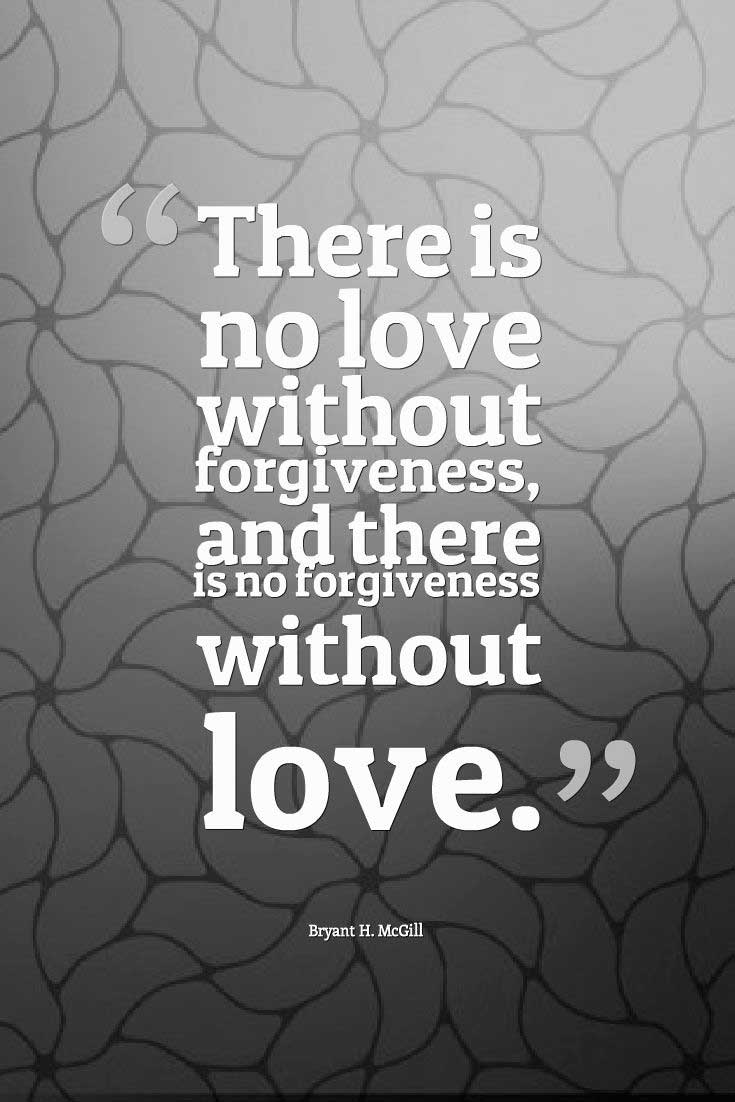It all began with a simple question
What do we learn from yoga?

I share yoga with children. It is one of the great joys of my life.
If you were to peek into my children’s yoga classes the first thing you would notice is that they look nothing like adult classes. There is a lot of noise, activity and laughter, the occasional tear or tantrum and, of course, lots of hugs. You might see us building igloos out of yoga blocks, hula hooping, playing Freeze Yoga, navigating a yoga obstacle course, reading a story or dreaming up our own crazy poses. There’s a good chance there would be colorful feathers, scarves and pom-poms skittering across the floor and the occasional Barbie doll or stuffed animal joining us on our mats. You might even see us creating yoga poses with Legos, bendy colored wire or cookies. And, if you were lucky enough to be there on just the right day, you could join us for glow in the dark pajama yoga, a pirate adventure, a journey into outer space or even help us write and star in the wildly popular Crazy Yoga Movie.
As you watched the pandemonium, you would wonder what all that craziness had to do with yoga, and probably have serious doubts that the kids were learning anything at all.
You might concede that they are learning poses and stretching, but I suspect you would doubt that they were getting anything more. What about the finer points of yoga, the “important stuff”? After all, you might reason, yoga is a serious and thoughtful practice. How could they possibly be learning anything about centering and focus with all that chaos? What about alignment? What about finding peace? What about connecting the breath with the mind and the body? What about quiet introspection? Surely Patanjali and B.K.S. Iyengar are rolling over in their graves at this spectacle!
To be quite honest I sometimes worried about that myself. I know the research says that children learn best by doing, using all of their senses to explore and experiment, and I know how important imagination and creative thinking are to their development. Still, I worried that all that fun and lack of “structure” meant that there wasn’t a whole lot of learning going on.
I recently discovered I was, quite happily, wrong.
It all began with a simple question.
I was introducing Mandalas and I wanted to talk about how they can help calm the mind and body. I was curious to see if the kids had a grasp of some of the less tangible aspects of yoga, so I asked my class of five to ten year olds, “What do we learn from yoga?” I fully expected them to talk about the physical poses since that would be the most concrete and obvious to them, and they certainly did that; but, what surprised and humbled me was just exactly how much they knew and understood about the “important stuff”. Here is the list they came up with:
What We Learn from Yoga
Kindness
Relaxation
Working together
Love
Peacefulness
Fun
Taking care of ourselves
Taking care of each other
Poses
Quiet
Happiness
Being kind to the earth
Stretches
To communicate
Flexibility
Breathing
Calming down
Creativity
Patience
To keep trying
Helpfulness
To see the best in people
I never explicitly told them any of those things. They figured them out and internalized them by doing yoga, having fun and jumping into every single experience with joy and abandon. They had no preconceived notions about what they were going to “get out of it”. They weren’t worried about what they were supposed to do or if they were doing it right . They just did it, and in the process, they learned about themselves, other people and world around them.
So, take it from the kids, stretch your mind and your body. Breathe. Communicate. Cooperate with others. Listen, laugh, share and love. Take time out to relax. And, most of all, live your yoga.




